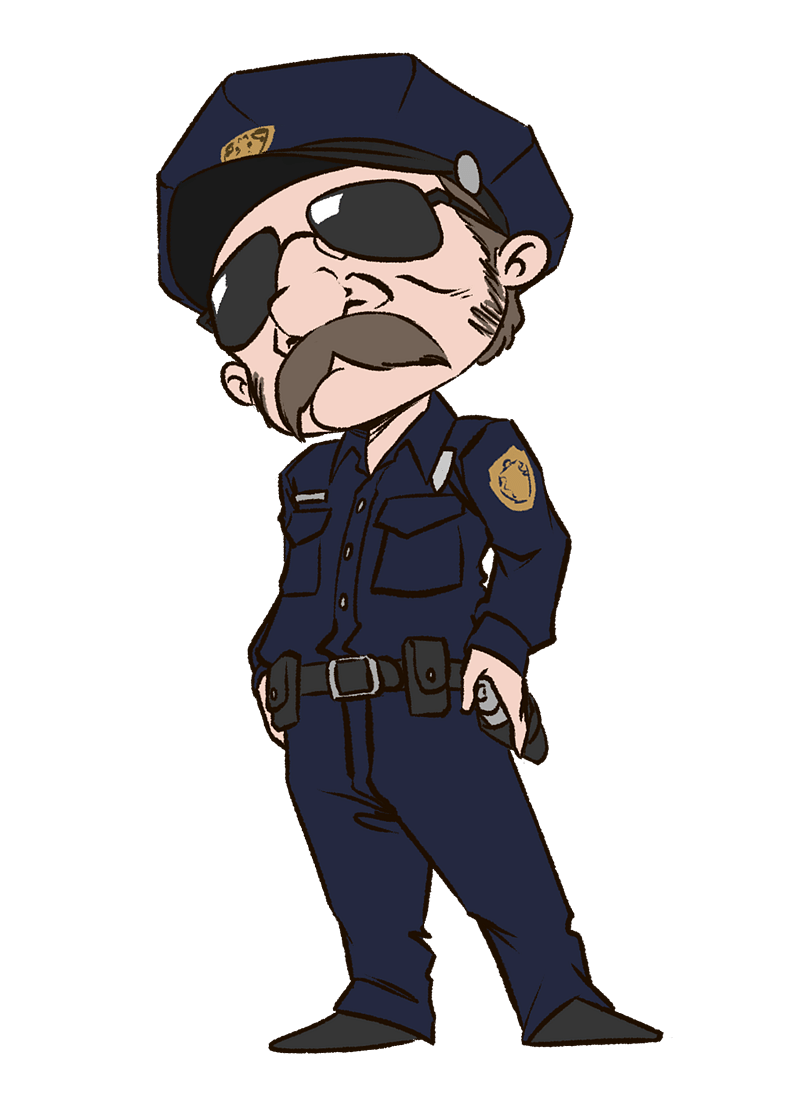
One of the ways the government has attacked private property rights is with a method of law enforcement known as civil forfeiture. Civil forfeiture is generally a process by which government confiscates property which is involved in the commission of a crime. It started with drugs and money confiscated in a drug bust, but has spread to vehicles, houses and other forms of property. The corner turned when states and the federal government started to give proceeds from disposal of the seized property to the law enforcement agencies doing the seizure. That turned civil forfeiture from a law enforcement tool to a profit making activity. A conviction is unnecessary to keep property in some states. Property can be seized merely because an officer claimed probable cause. Laws are written to make the expense and hassle to have property returned to people later found innocent that they usually do not bother.
States have in general made out of court settlements with people who protest this process. That has kept a reasonable precedent from being established. Now, the Supreme Court has agreed to hear a case out of Indiana. Hopefully, as George Will writes in this Washington Post column Civil Forfeiture Makes Law Enforcement Lawless... , the Supreme Court will soon rule to change that.



